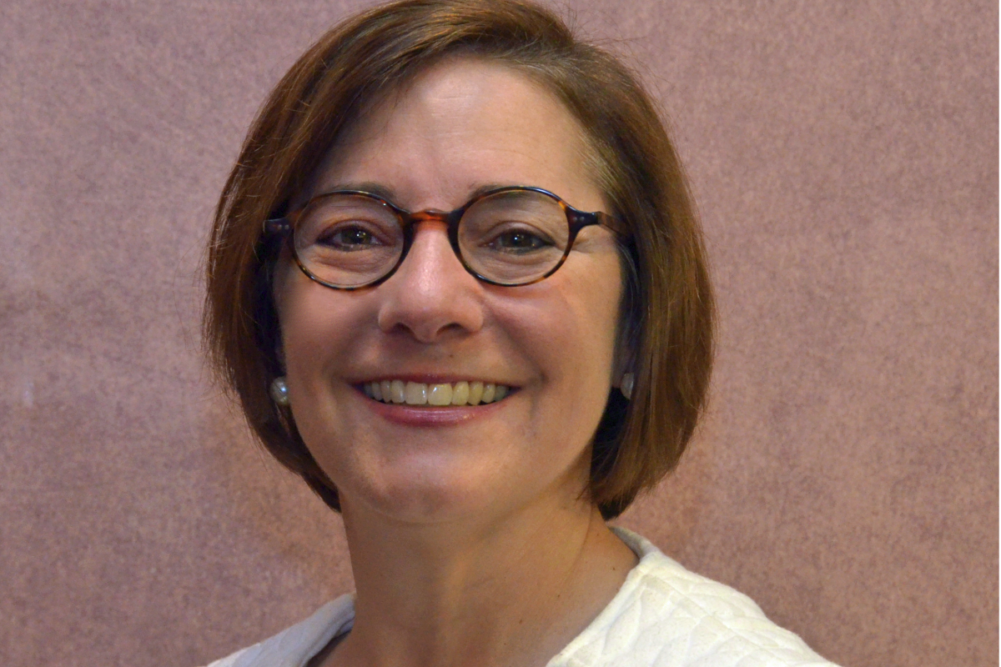LENEXA, KANSAS, US — To meet the challenges of being a woman in a male- dominated field, Jane DeMarchi, president of the North American Millers’ Association (NAMA), suggests building a team within your organization but also creating your own personal network.
DeMarchi shared her insights during a Women in Milling Zoom meeting on May 17 with about 50 female members of the International Association of Operative Millers (IAOM). The group formed last year to provide women in the industry an avenue to share their experiences and learn from each other. The group has met monthly since January.
“Building a community with other women is incredibly powerful,” she said. “There’s no doubt this is a male-dominated industry but there’s no reason why women can’t be successful, and many have been successful.”
Peers, mentors and a personal network are all going to be key to success, she said.
“I’ve been blessed with mentors who shared their knowledge with me,” DeMarchi said.
In return, she’s always looking to help others.
“I make an effort to help people when I can,” she said. “That has really paid back when I’ve done that. It’s not hard. Sometimes it’s making an introduction for somebody or listening to their work problems.”
It is important to know your strengths and weaknesses and build on those strengths while creating a team to help with the weaknesses.
“You don’t need to know everything to be successful, you just need to be able to work with other people,” DeMarchi said. “Recognize what you bring and what others bring. That’s how you can solve problems.”
Standing behind team members is also essential, she said.
“Speak up on their behalf; support them,” DeMarchi said. “It’s important that people feel safe and valued and are able to flourish.”
DeMarchi shared her own experience in the industry, which included six years with NAMA in the early 2000s, followed by the National Association of Wheat Growers and the American Seed Trade Association (ASTA). She came back to NAMA as its president in September 2020. She took four years off of work to be with her children, and it took a significant amount of time to get her salary back on track.
“When I started working in DC 20 years ago, there were very few women and practically no working moms,” she said. “It’s exciting to see so many women here and in DC who are moving up and continuing to advance their careers even with families.
“It’s not possible to have every day be perfectly balanced. Some days tilt more toward work and some days tilt more toward family. In the end, it all balances out. If it’s not balancing out, it may be time to rethink some of your priorities.”
Some women may suffer from “imposter syndrome,” DeMarchi said, a feeling like they aren’t good enough or don’t belong.
“That caused me a lot of anxiety and prevented me from taking risks that I should have taken,” she said. “It’s super important to keep challenging yourself and growing professionally. Don’t be ashamed when you don’t know something; seek someone out. A lot of times people have the same question you do.”
As you build experience and confidence grows, that imposter syndrome does get better, DeMarchi said.
“We were all hired to do our jobs, so we all belong,” she said. “You belong where you are.”




